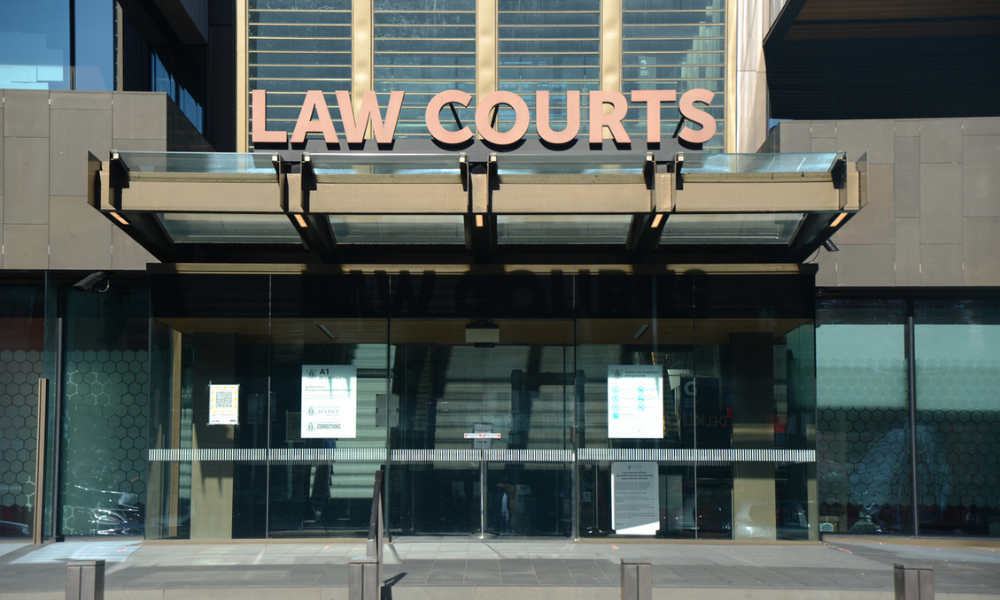
Similarities between the English and Tongan language marks would likely confuse bilingual consumers

The High Court dismissed an appeal in a trademark dispute between two churches with identical names in different languages, finding that the appellant's trademark registration would likely cause confusion and lacked prior ownership or use.
The case concerned the appellant's registration of the Tongan language mark "Siasi Uesiliana Tau’Ataina ‘O Tonga ‘I Nu’ Usila," translated as "the Free Wesleyan Church of Tonga in New Zealand." The respondent, whose registered name is "The Free Wesleyan Church of Tonga in New Zealand," challenged the validity of the appellant’s trademark registration.
The assistant commissioner of the Intellectual Property Office of New Zealand ruled in favour of the respondent. The assistant commissioner found that the appellant’s use of the mark would likely deceive or cause confusion among the public. The appellant failed to establish prior ownership or use of the mark before its registration in 2013. The assistant commissioner’s decision was based on the evidence that the respondent had an established reputation and ongoing use of similar marks in both English and Tongan.
The appellant argued that the assistant commissioner had overemphasised the conceptual similarities between the marks and had improperly relied on unsubstantiated evidence of the respondent’s use of the Tongan language mark. The appellant contended that since 1994, the respondent had abandoned the use of the Tongan language mark when it changed its registered name to the English version for business reasons.
The High Court, however, upheld the assistant commissioner’s decision. The court found that the conceptual similarities between the English and Tongan language marks were significant and would likely cause confusion among bilingual consumers who speak both English and Tongan. The court noted that the unique aspect of the case was that the Tongan and English language marks were direct translations of each other, making the ideas conveyed by the marks identical despite differences in visual and aural presentation.
Furthermore, the High Court agreed with the assistant commissioner’s finding that the respondent had not abandoned using the Tongan language mark. The evidence demonstrated continuous use of the mark and no intention to abandon it, even after the respondent’s name changed to English in 1994. The court concluded that the respondent's use of the mark was ongoing and that the appellant’s registration was invalid due to the lack of prior ownership or legitimate claim.